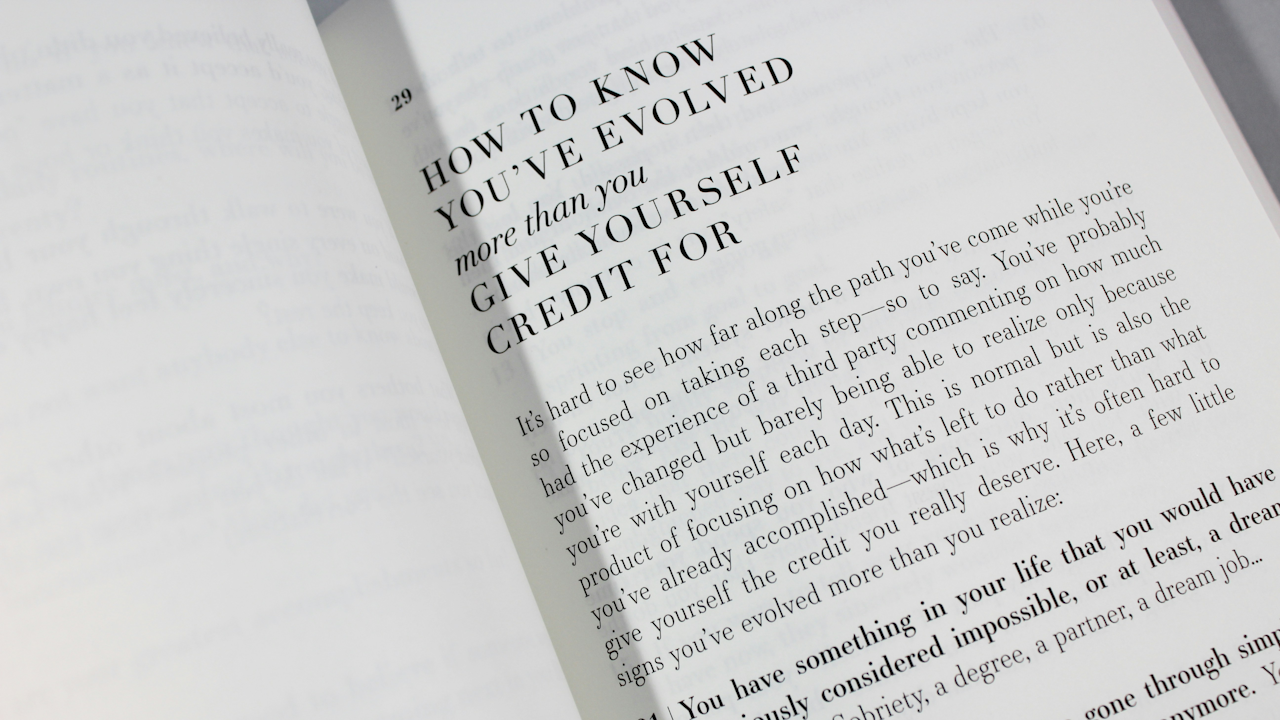A growth mindset is a powerful tool that allows individuals to embrace challenges, learn from failures, and continuously improve. Unlike a fixed mindset, which assumes that abilities and intelligence are static, a growth mindset believes that skills can be developed through effort, learning, and persistence. Cultivating this mindset can lead to greater resilience, increased motivation, and overall success in personal and professional life.
Embrace Challenges
One of the core aspects of a growth mindset is the willingness to face challenges rather than shy away from them. Difficulties are opportunities to learn and improve rather than insurmountable obstacles. When faced with a complex problem, instead of feeling overwhelmed, individuals with a growth mindset focus on how they can navigate the issue and what new skills they can develop along the way. Viewing challenges as stepping stones rather than roadblocks fosters perseverance and adaptability.
Learn from Failure
Failure is often seen as a negative experience, but in the context of a growth mindset, it becomes a valuable learning tool. Every setback presents an opportunity to reassess strategies, understand mistakes, and refine approaches. Instead of internalizing failure as a reflection of personal inadequacy, individuals should analyze what went wrong and use that knowledge to improve. Famous figures such as Thomas Edison and J.K. Rowling faced numerous rejections and failures before achieving success, demonstrating that persistence and learning from mistakes can lead to remarkable achievements.
Develop a Love for Learning
Curiosity and a passion for learning fuel a growth mindset. Seeking out new knowledge, skills, and experiences expands one’s capabilities and enhances adaptability. Whether it is reading books, attending workshops, or engaging in discussions, continuous learning keeps the mind open and flexible. People who actively pursue knowledge are more likely to overcome obstacles and stay ahead in a rapidly changing world.
Cultivate Self-Awareness
Understanding personal thought patterns and reactions to challenges is crucial in shifting from a fixed to a growth mindset. Self-awareness allows individuals to recognize limiting beliefs and reframe their thinking. For example, replacing statements like “I’m not good at this” with “I’m not good at this yet” creates space for improvement and effort. Mindfulness and reflection can help identify self-imposed barriers and encourage a more positive approach to growth.
Seek Constructive Feedback
Feedback is an essential component of growth, yet many avoid it due to fear of criticism. A growth mindset involves viewing feedback as an opportunity to improve rather than a personal attack. Seeking advice from mentors, peers, and supervisors can provide valuable insights into areas that need development. Instead of becoming defensive, individuals should actively listen, reflect, and implement changes based on the feedback received.
Replace Negative Self-Talk with Positive Affirmations
The way individuals speak to themselves significantly influences their mindset. Negative self-talk can reinforce a fixed mindset, leading to self-doubt and hesitation. Replacing limiting thoughts with positive affirmations fosters resilience and confidence. Statements like “I can improve with practice” or “Every effort I make contributes to my growth” help reinforce the belief in personal development.
Surround Yourself with Like-Minded Individuals
Environment plays a crucial role in shaping mindset. Being around individuals who embrace growth, challenge themselves, and remain optimistic can be highly motivating. Engaging with communities that support continuous learning encourages perseverance and enthusiasm. On the other hand, distancing from negativity and discouraging influences helps maintain a positive outlook.
Adopt the Power of “Yet”
Adding the word “yet” to statements can significantly shift perspective. Instead of saying, “I can’t do this,” saying, “I can’t do this yet” implies that improvement is possible with effort and time. This small shift in language fosters patience and determination, reinforcing the idea that abilities are not fixed but develop with dedication.
Focus on Effort Over Talent
A growth mindset emphasizes the role of effort in achieving success rather than innate talent. While natural abilities may provide an advantage, hard work, practice, and persistence are the real determinants of long-term achievement. Acknowledging effort rather than just praising intelligence or skill reinforces the idea that growth is always possible. Recognizing progress and celebrating small wins along the way can maintain motivation and enthusiasm.
Set Goals and Track Progress
Setting specific, achievable goals helps individuals stay motivated and measure their progress. Goals should be challenging enough to encourage growth but realistic enough to prevent discouragement. Breaking larger objectives into smaller, manageable steps ensures steady progress. Regularly reviewing achievements and setbacks allows for necessary adjustments and fosters a sense of accomplishment.
Step Out of Comfort Zones
Growth occurs when individuals push beyond their comfort zones. Trying new experiences, taking risks, and embracing uncertainty foster adaptability and resilience. While stepping into the unknown may be intimidating, it provides opportunities for learning and personal development. Facing discomfort head-on builds confidence and expands one’s capabilities over time.
Practice Patience and Persistence
Developing a growth mindset is a continuous journey rather than a one-time achievement. Patience is essential, as meaningful growth takes time and consistent effort. Setbacks and difficulties are part of the process, and persistence ensures that individuals continue moving forward despite obstacles. Remaining committed to self-improvement fosters long-term success and fulfillment.
Apply the Growth Mindset in Different Areas of Life
A growth mindset is not limited to academics or career development; it applies to all aspects of life, including relationships, hobbies, and personal well-being. Viewing challenges in social interactions as opportunities to improve communication skills, or approaching fitness goals with the belief that progress is possible, reinforces a growth-oriented approach to various situations.
Shifting to a growth mindset requires conscious effort and dedication, but the rewards are immense. Embracing challenges, learning from failures, seeking feedback, and cultivating self-awareness all contribute to continuous improvement. By adopting a perspective that values effort, persistence, and adaptability, individuals unlock their full potential and create a foundation for lifelong success. Developing this mindset transforms the way obstacles are perceived and provides the motivation needed to keep striving for excellence in all aspects of life.

